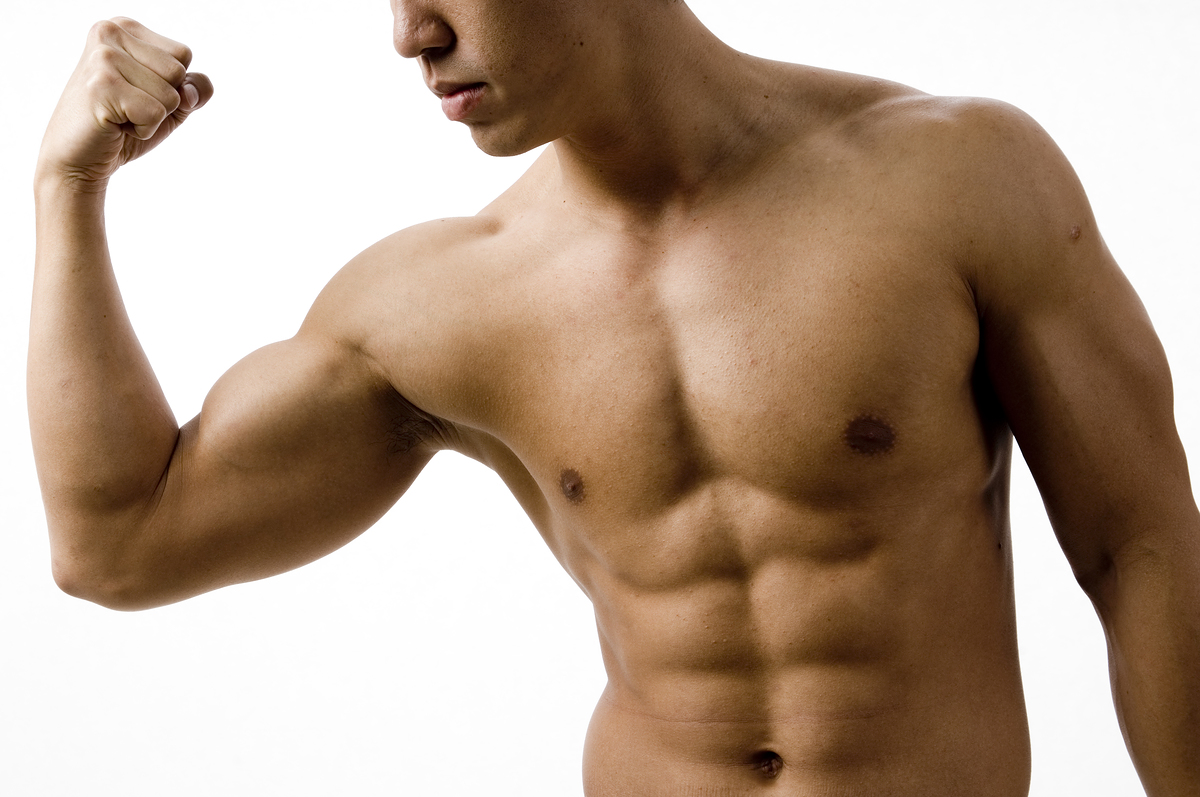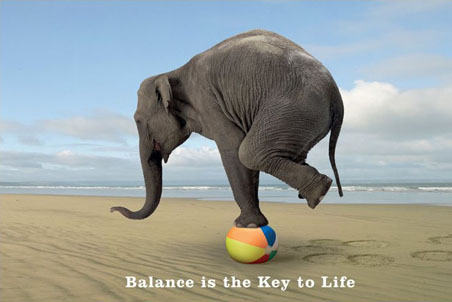Why Abs Are More Than Just Abs
With a title like The Abs Diet: The Six-Week Plan to Flatten Your Stomach and Keep You Lean, you’d think this book would be an infomercial, dreamed up by a biz-dev-happy marketer. Since I haven’t actually read the book, I can’t confirm or deny this. Yet the below excerpt makes a surprisingly reflective statement about the importance of your midsection.
“Take the person with a six-pack. He’s the icon of strength and good health. He’s lean; he’s strong; he looks good in clothes; he looks good without clothes. Defined abs, in many ways, have defined fitness. But they define something else: They’re the hallmark of a person who’s in control of his body and, as such, in control of his health. . . . When you have abs, you’re telling the world that you’re a disciplined, motivated, confident, and healthy person.”
By the same token, if you let your body sag, the message you’re broadcasting is one of apathy and laziness. If you can make time to read this post, make time to do a few crunches.
Addendum (6/13/2011): A fitting poscript: The day before I published this post, the New York Times nailed the legacy of Jack LaLanna:
“What he left behind when he died last week, at the toned old age of 96, was not only a sweaty culture of relentless crunching and spinning but also the notion that fitness equals character, and that self-actualization begins with the self-discipline to get and stay in shape. In the post-LaLanne landscape, it’s not the eyes but the abdominals that are windows to the soul …
“Perspiration is a gateway to, and reflection of, higher virtues … A ‘new you’ usually means a trimmer, tauter version, not someone who has learned to speak Mandarin or picked up woodworking skills …
“Steadiness of exercise signals sturdiness of temperament, and physical leanness connotes mental toughness …
“Listen to the way doughy contestants are introduced (and how they talk about themselves) on TV weight-loss shows, which promise redemption through rigorous calisthenics. Saddlebag thighs and love handles are woven together with career frustrations and domestic strife—all of them the wages of sloppy living. Moving past these humiliations and rejoining polite society are contingent on serious gym time.
Addendum (6/19/2011): On the other hand, Julian Michael points out that fat “implies zero about your value as a person in this world.”
Enjoy this post? Then why not stay abreast of new ones via e-mail or RSS?



Scholars “use an intellectual scalpel…